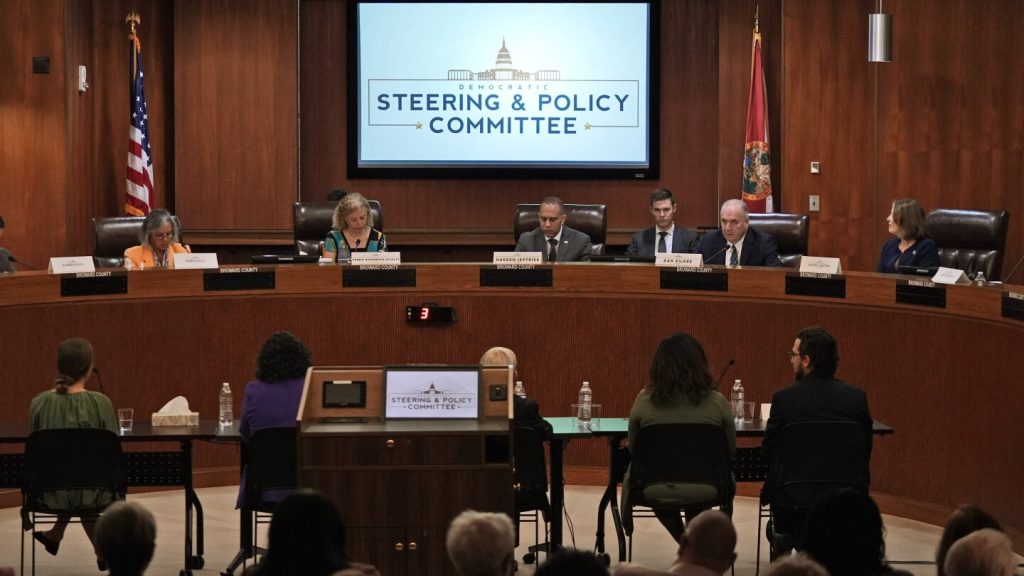Bristol Women’s Health Center in Virginia is preparing for an influx of women from Florida seeking abortions after the state implemented a stricter ban on abortions. The ban, which will take effect on May 1, makes abortion illegal after six weeks of gestation. This ban includes exceptions for certain circumstances such as rape, incest, or when the pregnancy threatens the woman’s life or health. The clinic in Virginia already serves many patients from banned states and anticipates an increase in patients from Florida after the ban.
The Florida Supreme Court upheld the state’s ban on abortions after 15 weeks of pregnancy, paving the way for the stricter ban to be implemented. This decision will significantly impact access to abortion care in Florida, making it practically impossible for many women to obtain the service. The ban, coupled with a 24-hour waiting period, will increase the average cost of abortion for women in Florida to around $4,000, which is about twice the current cost. This will strain organizations that assist women in accessing care, potentially leading to clinic closures and reduced access for marginalized populations.
The ban on abortions past six weeks of gestation will force many women in Florida to seek services in neighboring states like North Carolina and Virginia, where abortion access is available after the first six weeks of pregnancy. However, the increased distance to providers will pose significant challenges for women, especially those who cannot afford travel expenses or arrange time off work. The geographical disparities in abortion access will disproportionately affect the South Florida population, making it the most highly populated area farthest from in-person abortion access past the first six weeks.
The impact of the abortion ban in Florida extends beyond state residents, as many individuals from neighboring states also travel to Florida for abortion services. With restrictions in place, these individuals will also face challenges accessing care and may need to travel even farther to obtain an abortion. The total number of abortions in the country has remained stable, but the way in which care is accessed has changed, with a shift towards medication abortion and telehealth prescriptions. Legal challenges and regulatory changes may further impact access to abortion care in the future.
Planned Parenthood centers in Florida have been preparing for the stricter ban and implementing measures to help women navigate the new restrictions. Efforts include rapid blood tests for early pregnancy detection, increased education and contraception programs, and support for travel to other states for abortion care. The Bristol clinic in Virginia has adjusted its scheduling to accommodate an expected increase in patients from Florida, recognizing the logistical challenges patients may face when traveling long distances for care. Despite these efforts, the new restrictions are expected to have a devastating impact on public health systems in Florida and across the country.


